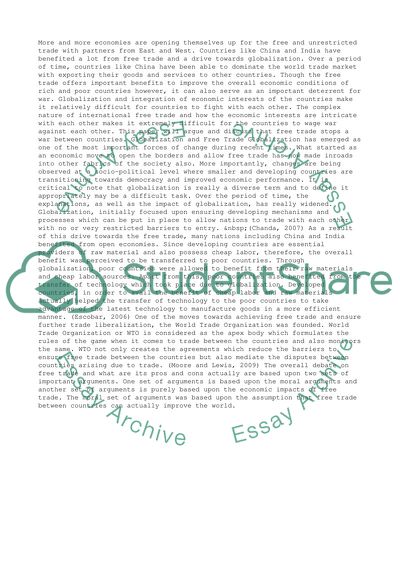Cite this document
(“Economics and Government Essay Example | Topics and Well Written Essays - 1500 words”, n.d.)
Economics and Government Essay Example | Topics and Well Written Essays - 1500 words. Retrieved from https://studentshare.org/business/1490216-economics-and-government
Economics and Government Essay Example | Topics and Well Written Essays - 1500 words. Retrieved from https://studentshare.org/business/1490216-economics-and-government
(Economics and Government Essay Example | Topics and Well Written Essays - 1500 Words)
Economics and Government Essay Example | Topics and Well Written Essays - 1500 Words. https://studentshare.org/business/1490216-economics-and-government.
Economics and Government Essay Example | Topics and Well Written Essays - 1500 Words. https://studentshare.org/business/1490216-economics-and-government.
“Economics and Government Essay Example | Topics and Well Written Essays - 1500 Words”, n.d. https://studentshare.org/business/1490216-economics-and-government.


